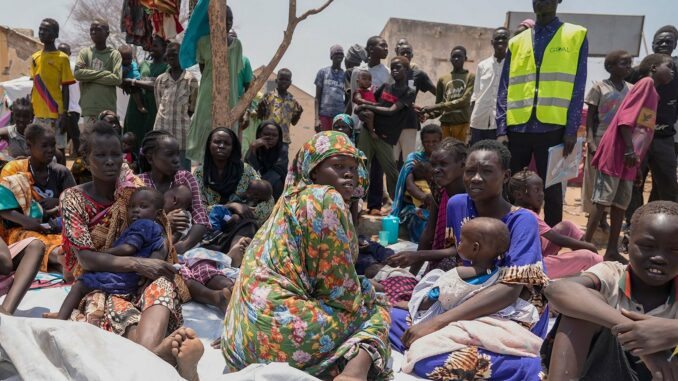
Uganda faces mounting challenges in supporting its refugee population of over 1.7 million people amid diminishing international aid. The nation, which maintains Africa’s most welcoming refugee policy, receives approximately 10,000 new arrivals monthly, primarily from South Sudan and Congo, with recent additions from Sudan. This unprecedented influx has strained local resources and host communities to their limits.
The situation has grown particularly dire since 2021, when funding shortages forced humanitarian organizations to implement substantial cuts in food assistance. Most refugees now receive significantly reduced rations, with only newcomers qualifying for full food support. After three months, assistance drops to 60 percent, falling further to 30 percent after six months.
Despite offering refugees access to public services and small plots of land for cultivation, the program faces severe financial constraints. A 2017 funding appeal seeking $8 billion secured merely $350 million, highlighting the vast disparity between needs and available resources.
Government officials advocate for enhanced support to promote refugee self-reliance through vocational training programs. However, many refugees struggle to find employment opportunities. The situation particularly affects vulnerable individuals, forcing some to resort to desperate measures for survival.
While Uganda maintains its commitment to refugee integration, allowing access to local hospitals and schools, the competition for limited resources occasionally creates tension within communities. Officials emphasize the urgent need for increased international support to sustain this humanitarian model and prevent further deterioration of conditions for both refugees and host communities.
